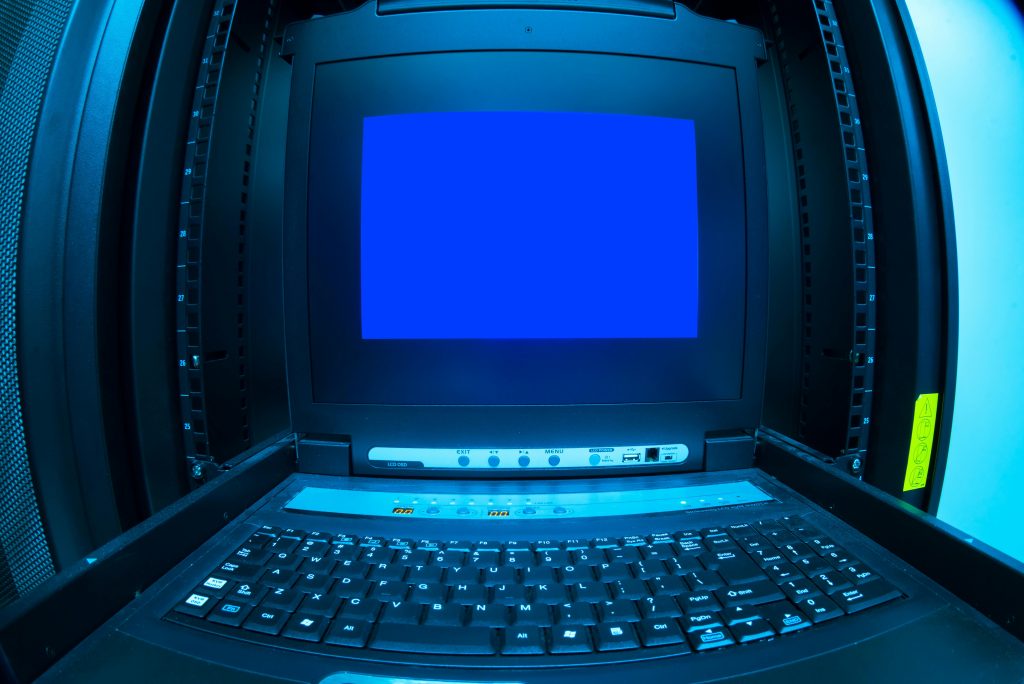Debunking the Myth: Can Overworking a Computer Really “Fry” It?
In the world of film production, especially in the realm of CGI, exaggeration often runs rampant. A notable instance of this appeared during a discussion about the production of “Bayformers: 2,” where a producer boldly claimed that loading one of the CGI models could “fry” a computer. To see this statement in context, you can check out the clip linked here [insert link].
As an avid tech enthusiast, I couldn’t help but question the validity of such a claim. The idea that simply overworking a computer for a short period could lead to it becoming “fried” seems far-fetched. While it’s true that intense computational tasks can put strain on hardware, modern computers are designed with numerous safeguards, primarily within the CPU, that prevent them from reaching catastrophic failure due to overload.
In reality, unless a system is intentionally overclocked—something that generally requires specialized knowledge and equipment—a computer is unlikely to suffer severe damage from temporary high usage. Most CPUs come equipped with thermal throttling features that automatically reduce performance when temperatures exceed safe levels. This self-preservation mechanism makes the risk of “frying” a typical machine quite low under normal operating circumstances.
So, was the producer’s comment merely an exaggeration? Most likely. It’s easy for filmmakers and producers to dramatize the challenges faced during production. In truth, while demanding tasks can cause a temporary slowdown and increased heat, the phrase “fry the computer” may simply be a sensational way of expressing the strain that CGI work can place on hardware.
In conclusion, while it’s always wise to use our technology judiciously, the fear of catastrophic failure from momentary heavy usage is largely unfounded. Understanding how our devices function can help alleviate concerns that stem from dramatized narratives in popular media.
Share this content:



